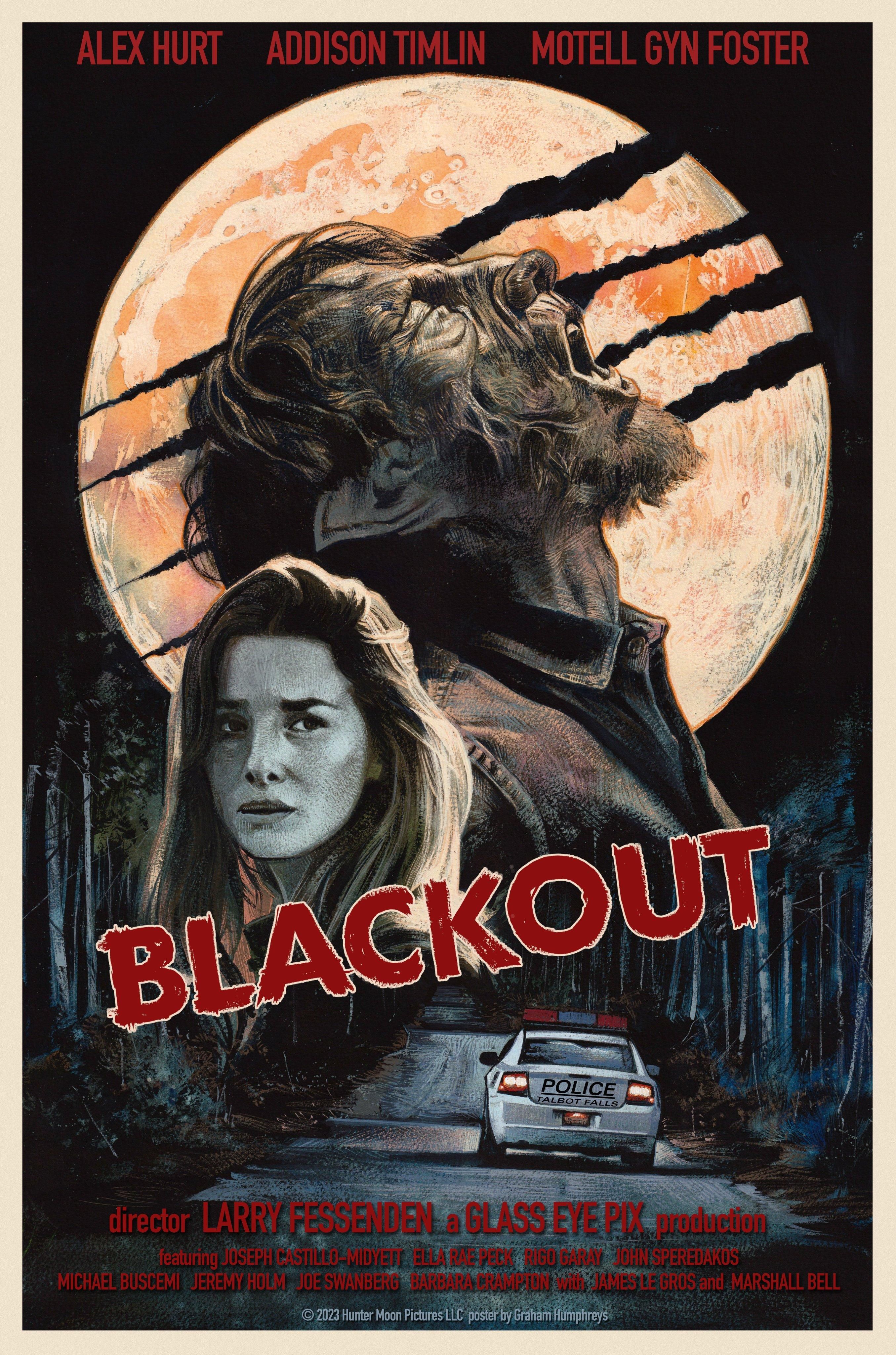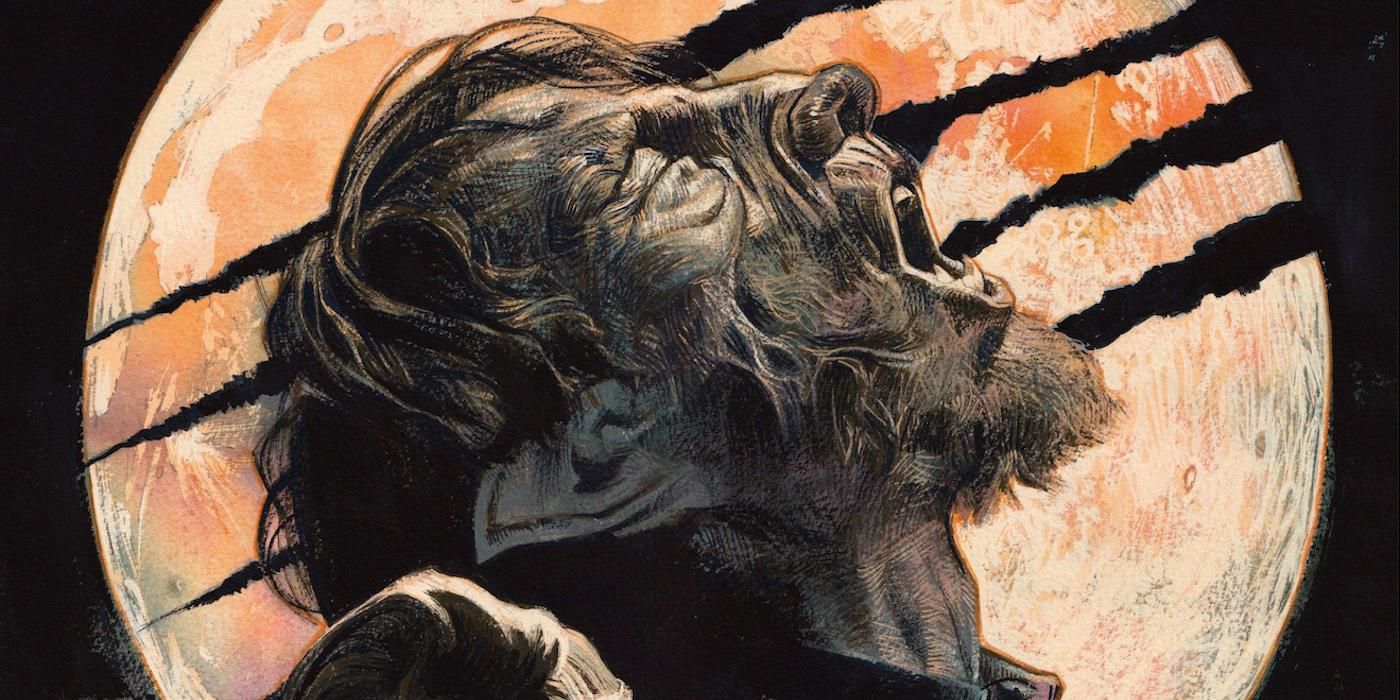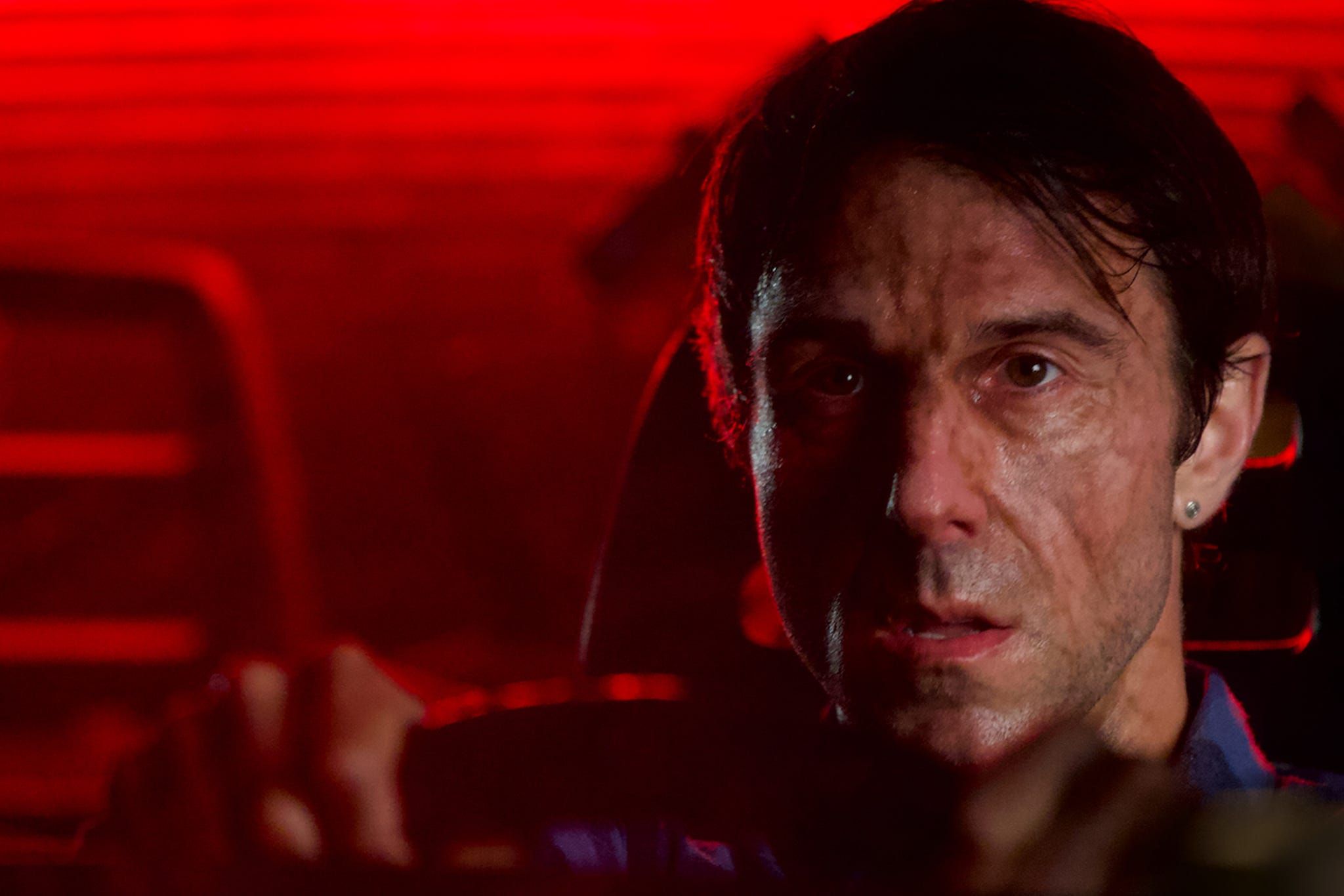The Big Picture
- Blackout fails to build tension in a werewolf plot, veering towards a Hallmark Channel drama.
- The film underutilizes impressive werewolf makeup and offers limited monster appearances.
- Blackout struggles to balance being gory and introspective, leaving viewers searching for depth.
It’s not often that werewolves get to take center stage anymore. Usually, they’re overtaken by their equally bloodthirsty but arguably more attractive cousin the vampire, who’s featured in everything from Love Bites to Interview With the Vampire. Werewolves often take a back seat in the genre’s gory action in favor of Lestat or even the Gill Man, but they get their fair share of love from horror fans too. One of those, notably, is character actor Larry Fessenden, who’s hopped behind the camera to give audiences his own take on the lycanthropic monsters in Blackout.
Blackout (2024)
In the grip of a citywide blackout, a terrifying truth emerges—a werewolf is on the loose. As night falls, a hardened police officer and an expert in mythical predators team up to hunt the creature terrorizing the blackout-stricken city, unraveling a deeper mystery behind its sudden appearance.
- Release Date
- April 12, 2024
- Director
- Larry Fessenden
- Cast
- Marshall Bell , Michael Buscemi , Joseph Castillo-Midyett , Kevin Corrigan , Barbara Crampton , Stirling duBell
- Runtime
- 104 Minutes
- Main Genre
- Horror
- Writers
- Larry Fessenden
- Studio(s)
- Glass Eye Pix
- Distributor(s)
- Dark Sky Films
Fessenden’s film, which he wrote, directed, and edited, follows Alex Hurt’s Charley, an alcoholic painter who’s looking to escape his life. He’s cut off his fiance, sold his home, and dumped his deceased father’s things off with a lawyer in an attempt to take down a corrupt businessman in his rural hometown — one who blames a series of mysterious killings on the migrant workers building his new hilltop resort. From the start, it seems like your average, run-of-the-mill small-town drama…that is, if you ignore the wolfish kill sequence that opens the film.
See, Charley has a secret: three nights a month, he transforms into a (still somehow bipedal) werewolf, attacking anyone who crosses his path. He can’t remember anything when he wakes, but has a sneaking suspicion about his lycanthropic nature. As a result, he’s on a mission to escape: not to any particular place, but life itself, commissioning a friend to make him silver bullets so he can die by suicide in maybe the most meta way possible.
'Blackout' Is a Lackluster Werewolf Movie
Unfortunately, all of the tension you’d think would be present in a man struggling with his own monstrosity is shockingly absent. Blackout is a bizarre production from someone who’s so heavily involved in the horror genre. It plays like a Hallmark Channel take on a werewolf movie, in that I know far more about the racist small town politics of Talbot Falls than I do about Charley and his inner life, minus his suicidal, lycanthropy-related tendencies.
Maybe it’s just that I come from a small town (one where I wouldn’t be overly surprised to find a werewolf lurking in the extensive woods), but the script reads like a city kid’s take on backwoods America. Sure, we probably have monsters lurking around every corner — hell, I’m sure my grandparents’ house is haunted — but the stereotyped construction most films come up with is a far cry from the truth, at least when there’s nothing else layered over top of it. Fessenden’s script is thin as wet newspaper, and long, drawn-out sequences of blue-collar workers arguing about nothing in particular bleeds the already boring film dry, much like Charley does to his victims.
It almost seems like Twilight has a better mastery of the supernatural/small town balance, a prospect that I think would give my teenage self a heart attack. The disconnect between the natural and the supernatural is so strong that it very nearly feels like two different movies mashed into one — a problem that seems to happen a distressing amount in contemporary horror, for which I have no explanation. There are a couple of familiar faces that brighten the viewing experience, notably scream queen Barbara Crampton and Motell Gyn Foster, but everyone else is a cardboard cutout of stereotypes, from the benevolent preacher to the racist bigwig businessman to the noble police officer. Charley’s affliction is very nearly treated as afterthought, if not for the string of murders tying him back to the small town’s constant infighting.
For a Monster Movie, There Aren’t Many Monsters in 'Blackout'
As a result, the film makes suprisingly little use of its rather impressive werewolf makeup, which despite only being facial prosthetics and some gnarly pointed fingernails (at least, as far as I could see in its limited glimpses) gave off what I imagine was exactly the intended effect, plus a little. It differentiates itself from the Lon Chaney and Rick Baker designs of Wolfmans past, so it’s a shame that it’s damn-near impossible to see, and isn’t given much time to shine in a movie where it should — at least in my mind — be its centerpiece. Kill sequences are reduced to a matter of seconds — the longest lasts no more than a minute, as far as I can recall — which seems like the antithesis of the point. Don’t we go to monster movies expecting to see the monsters themselves?
It’s clear that Fessenden loves werewolves, loves making scary movies, and has a good handle on letting his actors be actors, but that means that nearly every other aspect of the project suffers. He’s juggling too many balls, and to be entirely honest, Fessenden’s final project doesn’t feel too far off from a student film. With attention in so many different places, the full piece feels sparse, with not enough detail added to give it the proper, bloody oomph a werewolf like Charley deserves.
Monster films are fully capable of being gorey, goopy scarefests meant to do nothing more than make you jump out of your seat, and maybe shriek a bit if you’re as sensitive as me. They’re a cornerstone of Hollywood all the way back to the days of the studio system, and it's far from me to disparage anyone for indulging in that. But Fessenden’s film rides a strange line between a gorefest and a more introspective kind of horror, never fully committing to one or the other. It leaves you searching for any amount of meaning in the text, if only to justify the hundred minutes you spent watching it.
Then again, Blackout doesn’t seem like it falls too far afield of what most genre fans seem to enjoy, or at least expect from indie films. Horror is the only genre I can think of that firmly embraces the schlocky and the bad, and makes it a cornerstone of its existence. (I’d know, my favorite is Slumber Party Massacre 2.) Blackout hits all of those notes, the ones that feel eerily familiar to anyone who watched Elvira or Svengoolie growing up. And having screened the film at Overlook Film Festival, I’m sure there were others who felt exactly that way. I can’t say I’d recommend it to them by any stretch of the imagination, but more power to them, I guess.

Blackout (2024)
Blackout is a werewolf movie with plenty of passion behind it that still doesn't pack the punch it needs to.
- The werewolf makeup is often impressive.
- For the most part, most of the kills are too fleeting to leave an impact.
- While it tries to explore small-two problems, the film lacks nuance.
- Even as it seems built to be more introspective, Blackout is not committed enough to see this through.
Blackout is now available to stream on VOD in the U.S.


